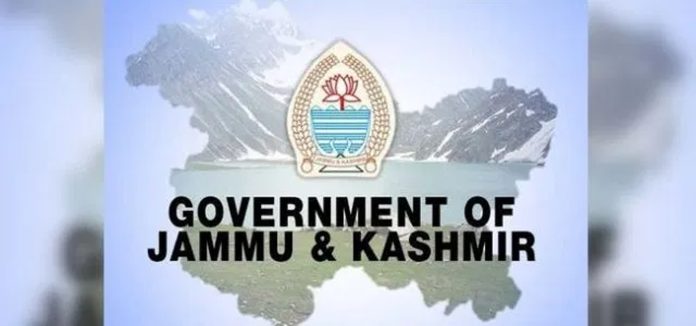- Reservation to OBCs in Rural and Urban Local Bodies
- Delimitation, rotation only after Panel’s report
Sanjeev Pargal
JAMMU, June 2: The Government is likely to set up OBC Commission anytime after lifting of the Model Code of Conduct (MCC) on June 4 to determine percentage for Other Backward Classes (OBCs) in Panchayats, Urban Local Bodies (ULBs), Block Development Councils (BDCs) and District Development Councils (DDCs) which was approved by the Parliament in its last session in February this year.
Follow the Daily Excelsior channel on WhatsApp
“Setting up of the OBC Commission is legal requirement for determination of percentage of reservation to be granted to the OBCs in all three tiers of Panchayati Raj Institutions (PRIs) as well as Municipalities,’’ official sources told the Excelsior.
They said constitution of the Commission was delayed due to imposition of MCC in view of Parliamentary elections. However, it is now likely to be set up soon after June 4 when the MCC will be lifted. The Government can also assign the task to the existing Commission for Socially and Educationally Backward Classes.
“Only after the Commission decides percentage to be granted for reservation to OBCs, the Rural Development and Panchayati Raj Department will undertake the task for delimitation and rotation of reserved seats in the Panchayats,’’ the sources said.
The OBCs will get reservation in Panchayats, Municipalities, BDCs and DDCs. Presently, Scheduled Castes (SCs), Scheduled Tribes (STs) and Women enjoy reservation in these bodies. Women have 33 percent reservations in Municipalities and Panchayats.
Elections to Panchayats were due in November-December last year as the rural bodies had to complete their five-year term on January 9, 2024. However, elections were delayed as the Government decided to give reservations to OBCs.
Sources said elections to Panchayats and Municipalities can be held only after percentage of reservation to be granted to OBCs in both Urban and Rural bodies is finalized. Delimitation and rotation of reserved seats may also be taken up after this, they added.
Presently, there are around 68 lakh voters in 4192 Panchayats.
“As per provisions of the Panchayati Raj Act, a Panchayat has to be set up on 4500 population in plain areas and 3000 population in the hilly belts. When this number increases, new Panchayats are to be set up and for the purpose, delimitation has to be done,” they said.
The Government has given eight percent reservation to OBCs in the Government jobs and educational institutions but the reservation in Panchayats will be proportionate to their population. Further, the Government has added 15 castes in the list of OBCs taking their numbers from 27 to 42.
Besides Panchayats, the elections to Block Development Councils have also become due as their term was co-terminus with the Panchayats. The District Development Councils, however, have their term till January 2026. First-ever elections to the DDCs were held in November-December 2020 and the DDCs were formally constituted in January 2021.
As far as Paharis Ethnic Tribe, Paddari Tribe, Koli and Gadda Brahmins are concerned, the officials said they will be eligible to contest the elections under ST category though their population is confined to some districts.
“As these tribes have been conferred ST status, they can contest on the seats reserved for ST category in Municipalities as well as Panchayats,” the sources said.
Earlier, the STs had 10 percent reservation in Jammu and Kashmir in Government jobs, educational institutions and the Legislative Assembly. However, in jobs and education, the reservation has now gone up to 20 percent—10 percent each for previous tribes including Gujjars and Bakerwals and 10 percent for Paharis, Paddaris and two other tribes.
The Government is yet to take a decision on whether the reservation for STs in local elections will go up or will be same. Quota of seats for the Scheduled Castes (SCs) will remain unchanged.
In the Legislative Assembly, STs have 10 percent and SCs eight percent reservation. Nine seats in the House of 90 are reserved for STs and seven for SCs. Besides, there has been provision for nomination of two women, two Kashmiri migrants including one woman; and one Pakistan occupied Jammu Kashmir (PoJK) refugee.
In the Legislative Assembly also, Women have been granted 33 percent reservation including SC-Women and ST-Women but this will come into effect only after 2029 like Parliament and other State/UT Assemblies.


